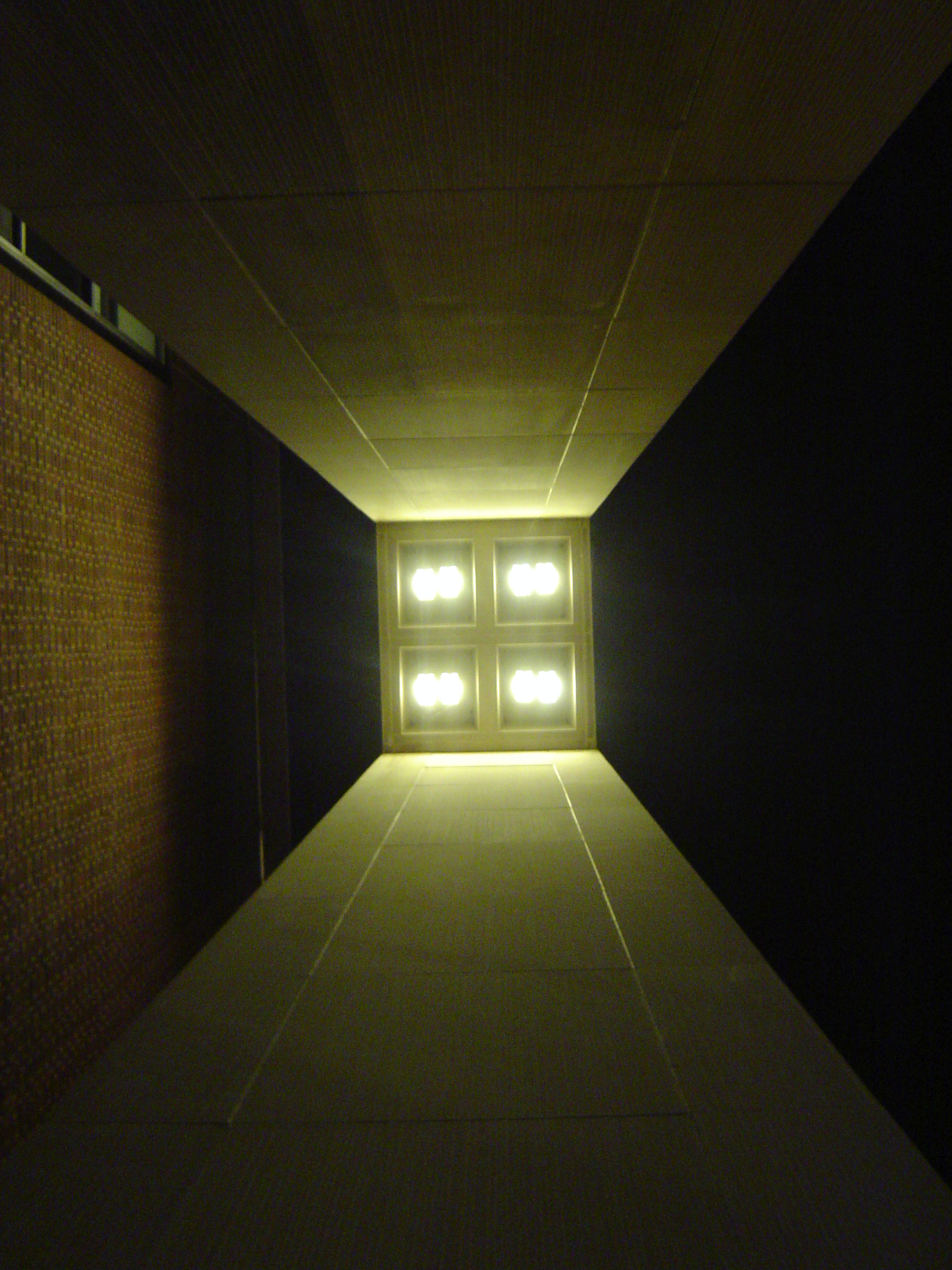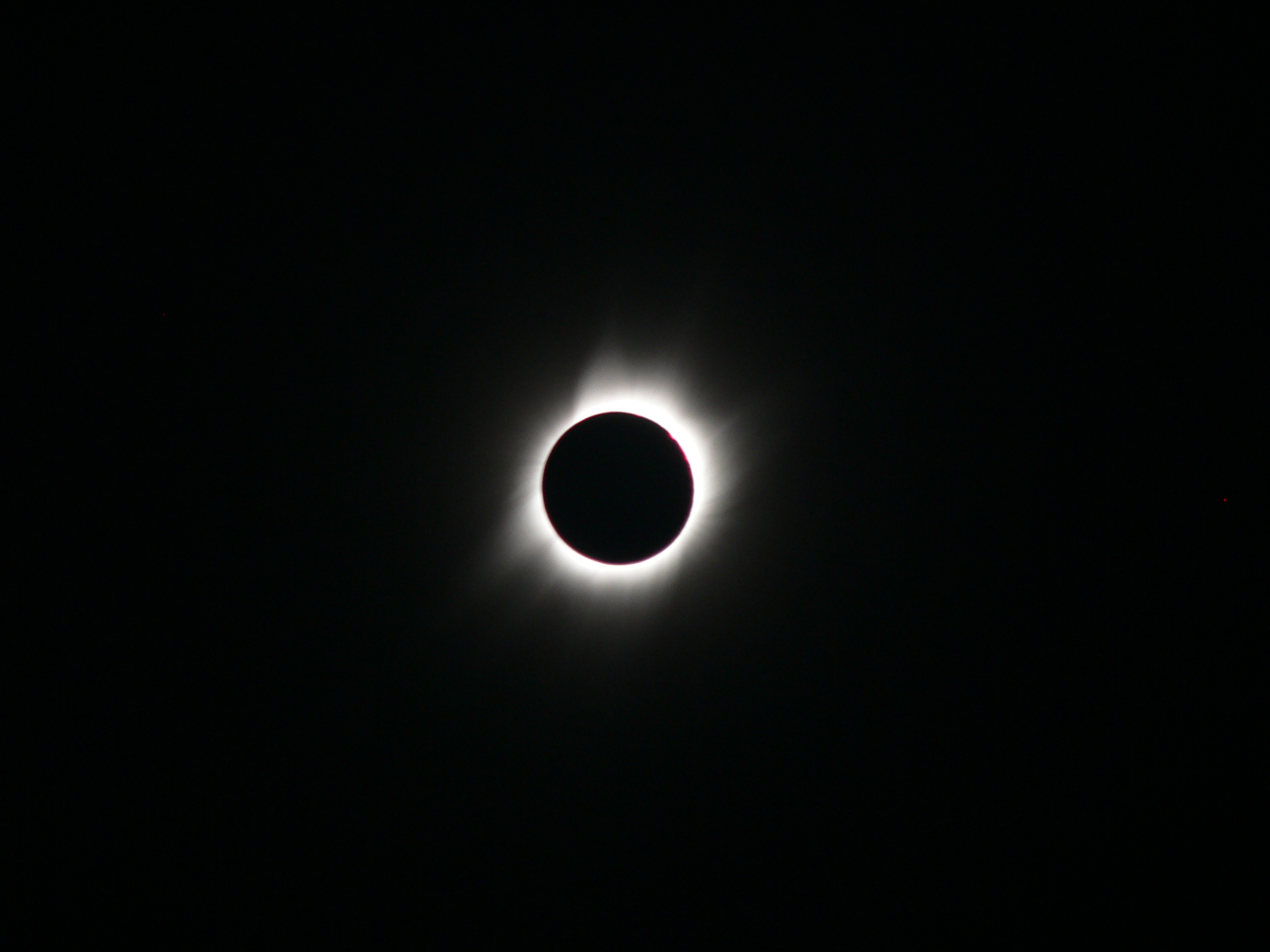Why did you become a scientist? Most scientists, when I ask them this question, struggle to answer it. When they do answer it’s usually something vague – “I just always loved biology” or “I like knowing how things work”. It’s a question I rarely get a definite answer to. In his book ‘Genome: The Autobiography Of Species In 23 Chapters’, Matt Ridley describes how, from the beginning, we are all tuned differently – like dials on a stereo. Genetically speaking you don’t inherit a talent for music, for example. However, you can inherit the characteristics to predispose you to a love of music. That predisposed attraction is then fed by learning and playing and listening to music. It is part of the nature / nurture debate, but that’s a conversation for another day. The point is that we are each born with our own default settings that define our personality, which is then subject to the environment that we are raised in. So, I wonder – are we born to be scientists?
Nature / nurture
My mother would say that I was always going to be scientist. I’m sure yours might say the same, probably while rolling her eyes. Were you forever asking questions? Taking things apart to see what was inside? Doing things just to see what would happen? Were you the mucky kid who preferred to be outside collecting things in jars? Were there books and diagrams and notes? Above all else, did you just have an innate desire to know?
Neither of my parents are scientists but my mother would be scientific. My mothers’ father was interested in engineering and had a knack for tinkering with things, but by profession he was a dairy farmer. Like in ‘the Pot Roast Principle’, my mother probably picked up some experimental behaviours from her father, and in turn I picked some up from her. I’m certain that there is no scientist gene that I inherited, but I certainly grew up in an environment that nurtured the behaviours conducive to being scientific. That said, my sister (who grew up under the same environmental conditions) became a jewellery designer – which is arguably the opposite of being a scientist.
Growing up I was the weird kid. I could name animals no one had ever heard of and knew words like “metamorphosis” when I was still learning how to add. Pretty much every day in school was spent looking out the window because what was out there was significantly more interesting than what was going on inside. But I remember the exact moment that I found my guiding light. I was eight, I was watching David Attenborough, and he introduced a man who was a zoologist. It hit me like a bolt of lightning – that was the word! That was the identity – the thing – I had been looking for. My course never wavered and in 2010 I graduated with an honours degree in zoology. My story is probably something similar to yours, but perhaps it was the ocean or the stars that caught you staring, and you could never look away.
But still the question – not how, but why? Why was I “always going to be a scientist”? To find the why let’s start with the what. What is science, and by extension, what is a scientist?
What is a scientist?
To think on this more, let us define what we mean by ‘scientist’. After all, it wasn’t until the 19th century that word ‘scientist’ came into common use. Before we even do that, let’s define what science is. The Merriam-Webster dictionary defines science as “knowledge about, or the study of, the natural world based on facts learned through experiments and observation”. Every day, through our own conscious and unconscious experimentation, each one of us will learn and gather information about our environment. We eliminate the things that don’t work, and we stick with the one’s that do. Based on this definition then – aren’t we all scientists?
If we go the other end of the spectrum we could say that science is a subject learned by formal education, qualified by getting a BSc, MSc, and/or PhD. Using this definition, we need to disregard everyone before the 12th or 13th century, as the title of ‘bachelor’s degree’ originates from the late 13th century. This would mean that early figures such as Pythagoras and Aristotle have to get the boot, so no, that doesn’t work. We can’t depend on the use of formal qualification titles like BSc or MSc either. My best friend has an MSc in Journalism. My brother-in-law has a BSc in Accountancy. Two interesting and hard-earned qualifications by two intelligent and worldly people but journalism and accounting are not sciences – or rather, not sciences as I would recognise them.
So, if we can’t define science, how can we define a scientist? What makes me a scientist but not someone else? I don’t work in a lab, but not all scientists do! It’s not a matter of intelligence either – some of the most intelligent people I know aren’t in science, and the inverse is equally true.
Fitting the stencil
When you look at how scientists are represented in the media they usually fit the following description – a bit weird, glasses, bad dress sense, low confidence, bad at sports, unsuccessful romantically, nose in a book, and generally socially awkward. With the popularisation of the programme ‘the Big Bang Theory’ it became fashionable to be a nerd and the stereotype flourished. Now, I don’t quite fit the stereotype and you probably don’t fit the stereotype either. Sure, I can be a bit socially awkward, but I can also be terribly charming. I’m a Mensan, but then one day I drove to the gym, forgot about the car, and walked home. I can spot a Jimmy Choo on sale from a mile off, but only while wearing my glasses. I’m a terrible speller, yet one of my proudest moments was when my shelves collapsed under the weight of all my books. The majority of scientists I know are sociable, interesting, creative, crazy, and spectacularly fun people.
That which defines us
Traditionally, scientists belong to one of three camps – you’re a biologist, you’re a chemist, or you’re a physicist. To me, physics was always the opposite of biology with chemistry belonging somewhere in the middle. Physics and maths are “hard science”, chemistry is the “working science” and biology is a “soft science”. During my masters we had to study optics and the physics of light. Picture if you will, a classroom. In this classroom there are a few dozen physics postgraduates and, huddled in the corner, are ten terrified biologists. The lecturer writes an equation on the board “…something something something over lambda” and all the physics students smile and nod and murmur “yes, of course, lambda”. The biologists all cower in fear – “what’s a lambda?!”
Even within the world of science, scientists question each other’s validity. Based on this anecdote you could be forgiven for agreeing with the hard / soft paradigm – but put any of those physics students in a biology lab and ask them to extract some DNA or dissect a kidney and they will be the ones hiding in the corner. The skills and knowledge involved in being a scientist are so vast, even within disciplines. From the beginning of our scientific educations we are sent on different paths. No one path is better than the other, they are just different, and like the infantry, cavalry, and artillary, we all march forward as soldiers of science. Each in our own little unit, but scientists together all the same.
How we think
One interesting thing about the different sciences I’ve come to notice over the years is that it is not so much about the content you’re learning, it’s more about the way you are taught to think. In biology, we were taught to see the ‘bigger picture’, to think in a holistic way. If you are studying a cell you need to look around the cell – you need to look at the environment that it lives it, the stimuli it is subject to, the homeostasis or lack thereof. This then scales up to individual organs, then individual organisms, and then to entire populations and environments. You take one thing and turn it into a dozen things. In physics class we were trained to be more reductionist. We studied light in a vacuum, where it is independent of external forces. Or light moving from one media to another, ignoring all the many little things that – as a biologist – we would try to incorporate.
In physics class, I found that when I focused on the diagrams and word descriptions, the subject became much easier. I came to realise that physics is the biology of the universe. The anatomy and physiology of matter. I can’t explain a laser using an equation, but I can explain it using words and diagrams – that is, I can explain it like a biologist. I still don’t know what a lamda is but to anyone to questions the robustness of biology, my response is a withering “honey, I’ve had my hands inside of animals you haven’t even heard of”.
Considering that many of us are drawn to a particular area of science from very early on, can we narrow down our question to “are we born to be either physicists, chemists, or biologists?”
Finding my reason
Last summer in Dublin there was an exhibition of sketches by Leonardo da Vinci – one of the greatest minds to ever exist. As soon as you entered the exhibition you could feel it in the air – you were in the presence of genius. It was in that moment that I realised what it was that, for me, made a scientist. It’s passion. Science is the passionate, relentless pursuit of the light bulb moment. Leonardo himself said “learn to see”. Is that not what we scientists – physicists, chemists, and biologists alike – all burn for? That moment when you ‘see’.
I don’t believe that science is the realm of the super-smart, I believe it is the refuge of the super-curious. Michio Kaku said “It must be a strange world not being a scientist, going through life not knowing”. There are times when I feel quite sad that there are people who will never know how truly incredible the world is, that there are people who will never ‘see’.
I believe a scientific mind is something that you are born with. Like everything about you, it is probably a combination of nature, nurture, and a whole lot of other things. Whether science is your career or not, whether you have a BSc, MSc, PhD, MA, hDIP or are a student of the university of life. There is a little voice inside you that always says, “I wonder…?”. For me, that is what makes a scientist. I’ll let you draw your own conclusions though. But I know that when I ask myself “why did I become a scientist?” The truth is, there was never anything else I could have been.



